On the morning of October 21, the National Assembly discussed in groups the results of socio -economic development. Many issues related to the operation of two-level local governments were of interest to National Assembly deputies, who recommended that competent authorities focus on resolving them.
Officials travel dozens of kilometers every day to be close to the people.
Giving comments on the implementation of the two-level local government model, delegate Lo Thi Luyen, Deputy Head of the Delegation in charge of the National Assembly Delegation of Dien Bien province, pointed out the reality of arranging headquarters for communes, especially in mountainous areas, which still has many difficulties.
She pointed out the reality that if all the staff of civil servants in the commune-level political system (Party Committee, People's Council, People's Committee, Fatherland Front Committee) concentrated their work at one location (commune administrative center), many working offices would not meet the requirements to perform their tasks.
"The reason is that the size of the old commune headquarters could only accommodate about 30 workers. When 2-3 communes merged, the number of workers also increased accordingly, the facility became very cramped, and there were not enough offices.
If we take advantage of the headquarters of all the old communes to work, the working locations are located in many places, each agency in the political system arranges work in different locations, which will lead to a lack of concentration. There are even cases where the working locations in the same commune are 30-50km apart, making travel difficult, when there is work to be handled or when attending concentrated meetings, civil servants have to travel very far," said Ms. Luyen.
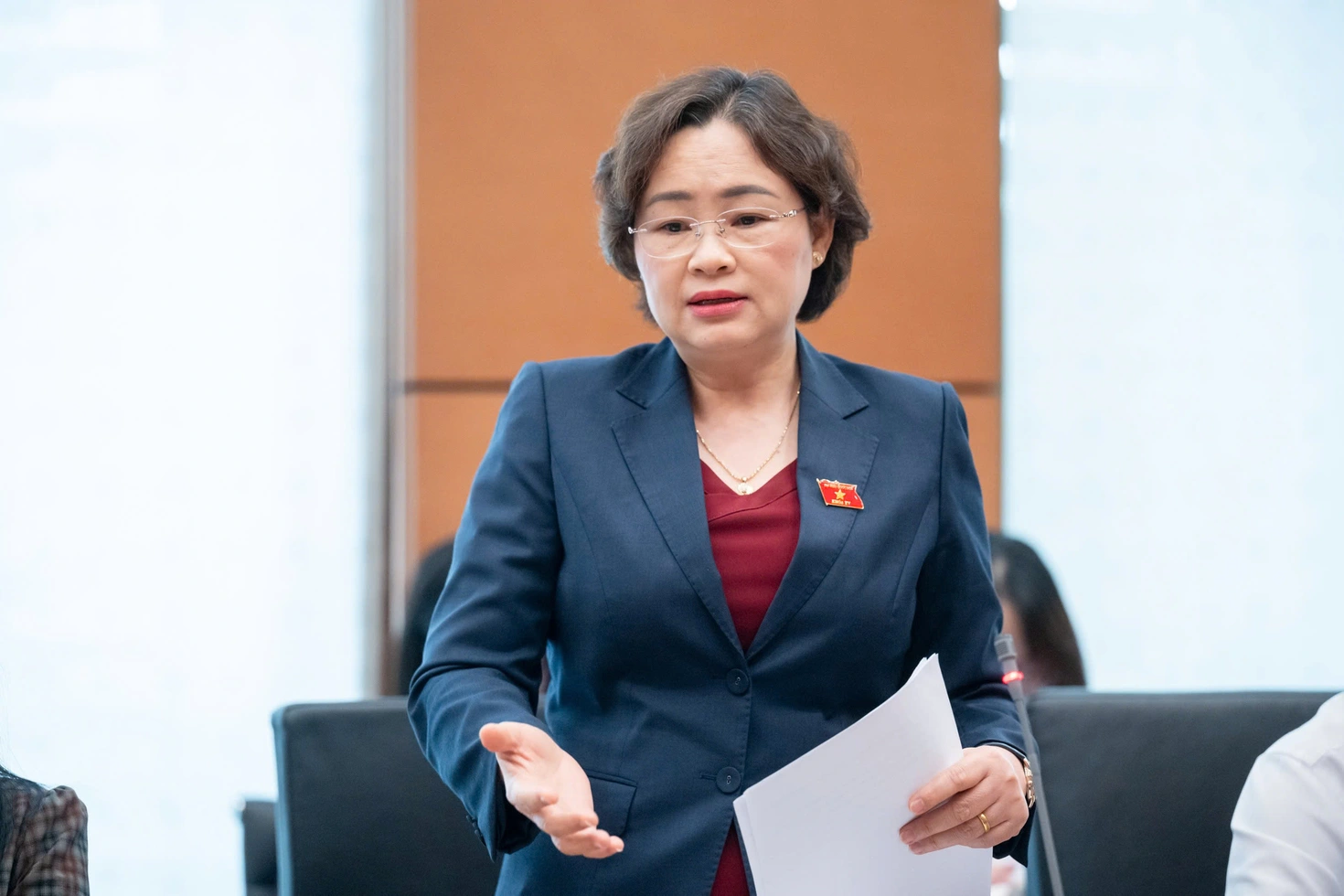
Delegate Lo Thi Luyen is the Deputy Head of the Delegation, in charge of the National Assembly Delegation of Dien Bien province (Photo: Hong Phong).
According to Ms. Luyen, there are places where people have to travel from their village to do transactions at the working places of public agencies very far, in some cases it is 100km away, the equipment for performing the duties of officials and civil servants is not uniform, the Internet connection is unstable. In fact, there are villages that do not have electricity or phone signal, so performing administrative procedures on the Internet is impossible and out of reach for people.
A similar situation also occurred in Lai Chau, where delegate Hoang Quoc Khanh pointed out that many remote and isolated areas still lack uniformity.
"There are places where 20 officials have to work in 2 or even 3 different headquarters. The People's Committee headquarters and the commune Party Committee are 10-20 km apart," said the Deputy Head of the National Assembly of Lai Chau province, adding that the province has not yet been able to balance its budget to invest in infrastructure.
Another issue that needs attention, according to Deputy Head of the National Assembly Delegation of Dien Bien Province Lo Thi Luyen, is that officials and civil servants, especially at the commune level, have a lot of work but low salaries. Currently, the staff still receive the old salary before the merger. Many officials and civil servants were appointed to leadership positions but have not received leadership allowances.
Ms. Luyen proposed that the Government speed up the progress and roadmap of salary reform, moving towards paying salaries according to job positions linked to the results of evaluating cadres and civil servants; and promulgate policies to support travel and working conditions for cadres, civil servants and public employees after being reassigned to difficult areas.
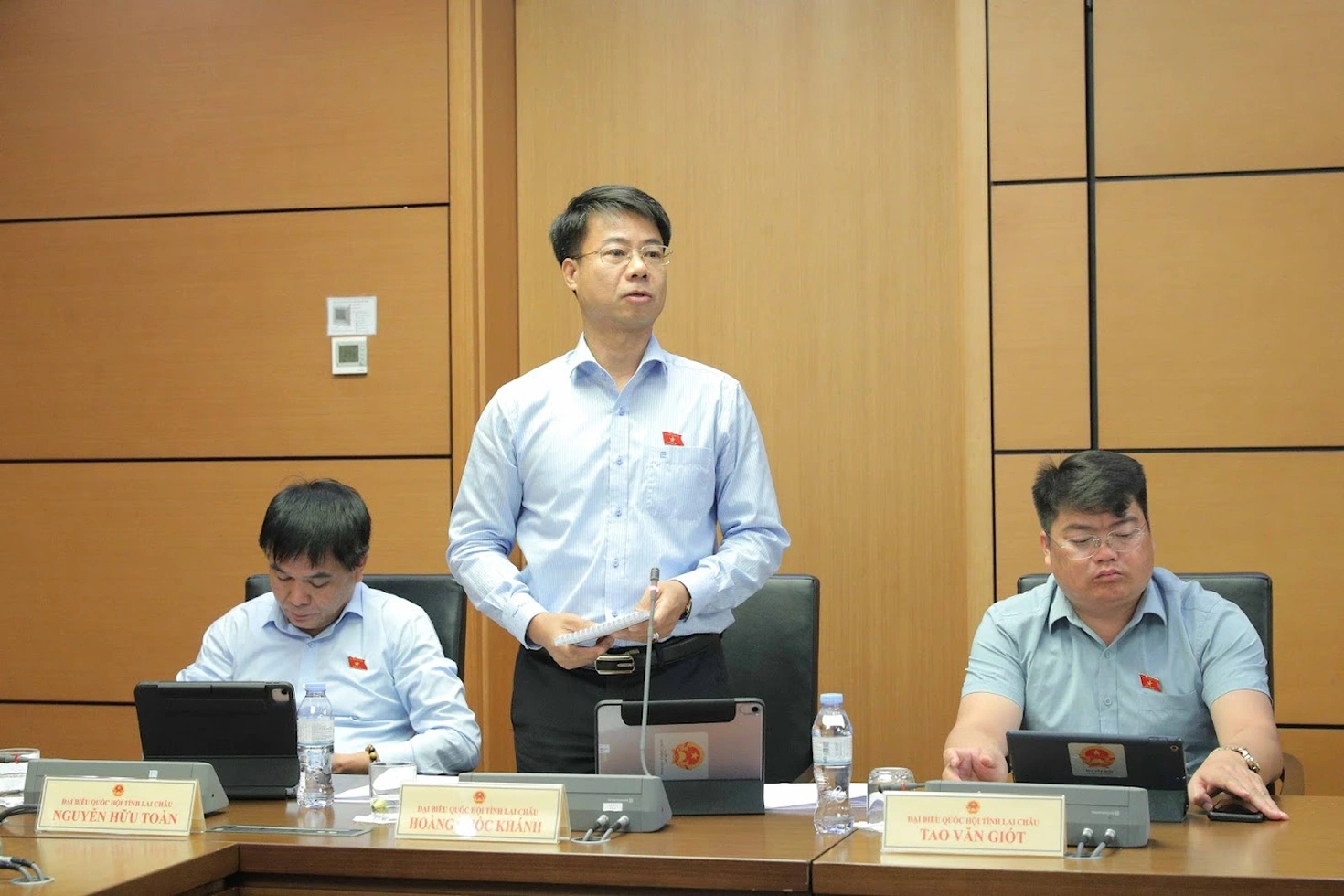
Mr. Hoang Quoc Khanh is Deputy Head of the National Assembly Delegation of Lai Chau province (Photo: Ho Long).
Sharing the same view, delegate Hoang Quoc Khanh is also impatient because the workload and pressure are increasing but the salary of officials has not changed.
Mr. Khanh analyzed that currently the scale of each commune is larger, grassroots cadres have to travel long distances to get to work, so the allowance level needs to be changed.
"The policy of bringing the government closer to the people requires officials to travel further. Many officials and civil servants have to travel dozens of kilometers to reach the grassroots to handle work. If the preferential treatment policy has not changed, it will be very difficult for grassroots civil servants," he said.
The Politburo holds weekly meetings on the operation of the new government.
Sharing practical reflections on decentralization, delegation of power and division of authority in the organization of two-level local government, National Assembly Chairman Tran Thanh Man said that the Politburo and Secretariat meet every week to direct solutions to this issue.
According to the National Assembly Chairman, in just a short period of time, about 6 months, the whole country has completed the restructuring of the apparatus at both the central and local levels.
"This is a huge amount of work, no one thought it would be successful but we did it. Recently, when I visited several countries, my friends expressed their admiration and surprise at how Vietnam has arranged its apparatus smoothly and organized a well-organized two-level local government," the National Assembly Chairman emphasized.
Admitting that there are still some unsynchronized issues, the National Assembly Chairman said that the Politburo has directed the National Assembly Party Committee and the Government Party Committee to continue reviewing and providing guidance on those shortcomings.
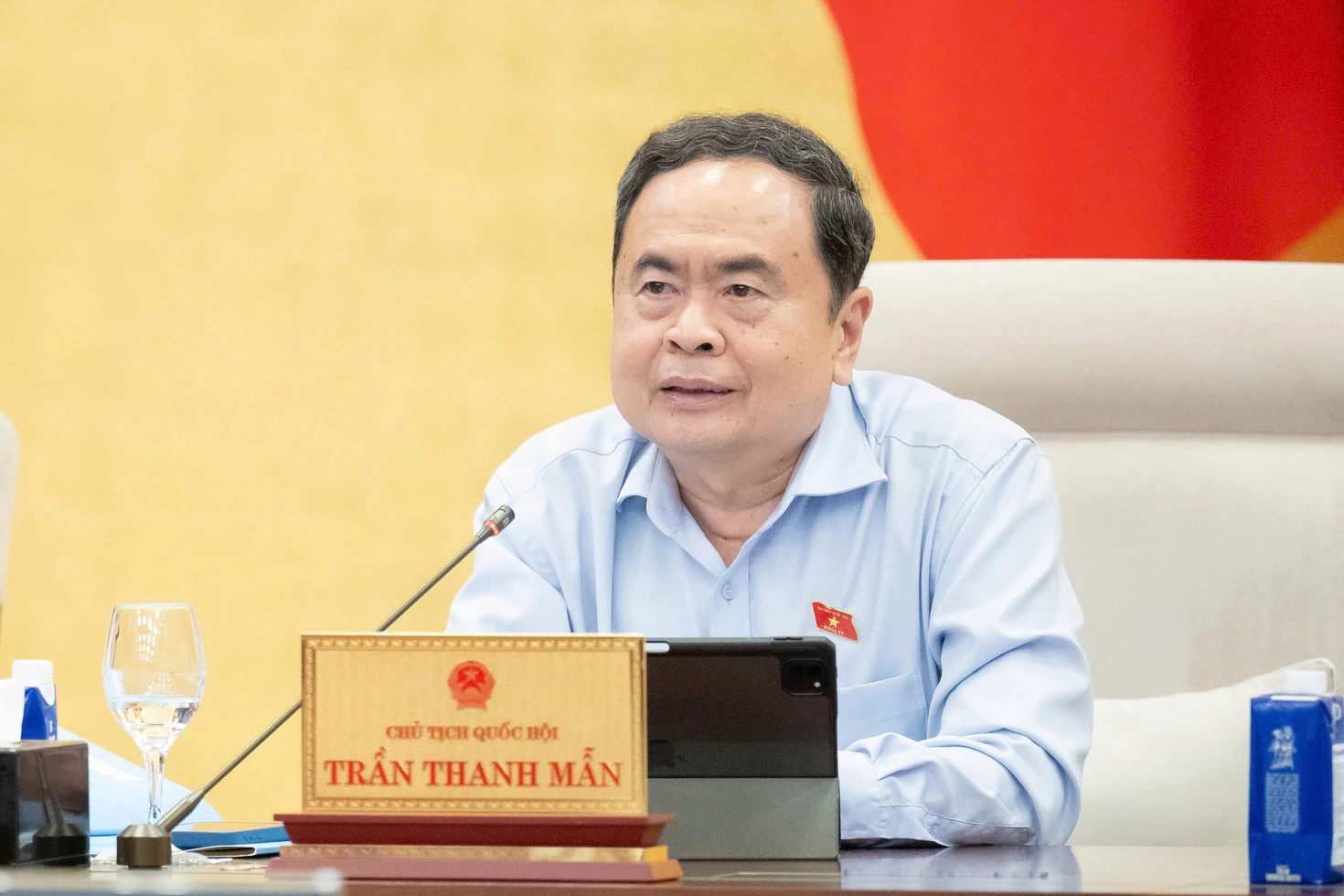
The National Assembly Chairman said that every week, the Politburo and the Secretariat meet to direct the removal of obstacles in decentralization and delegation of power with the new apparatus (Photo: Hong Phong).
The National Assembly Chairman also mentioned the current situation of "surplus but shortage" of cadres and staff. Along with that, many communes merged, causing the number of cadres to increase, commune headquarters to be cramped, while in reality, some places have headquarters scattered in many locations.
That reality, according to the National Assembly Chairman, shows the need to promote digital transformation and apply artificial intelligence (AI) because if this is not done, "no matter how many people there are, it will not be enough".
The National Assembly Chairman urged localities to be resolute in order to have “few people but enough work”. In the future, according to the National Assembly Chairman, it is necessary to adjust the payroll, review the capacity of officials to assign appropriate tasks, and limit personnel holding concurrent positions outside their expertise.
Along with that, it is necessary to invest in infrastructure and technology, prioritizing investment in information technology infrastructure to connect smoothly from the province to the grassroots.
Deputy Prime Minister Nguyen Hoa Binh said that when organizing two-level local governments, most district-level officials were transferred to communes. Among them, there were many cases where their capacity and qualifications were not suitable for their job positions.
"It is not possible to dismiss all these officials, but if they are sent back to the communes, a professional gap is inevitable," the Deputy Prime Minister shared.
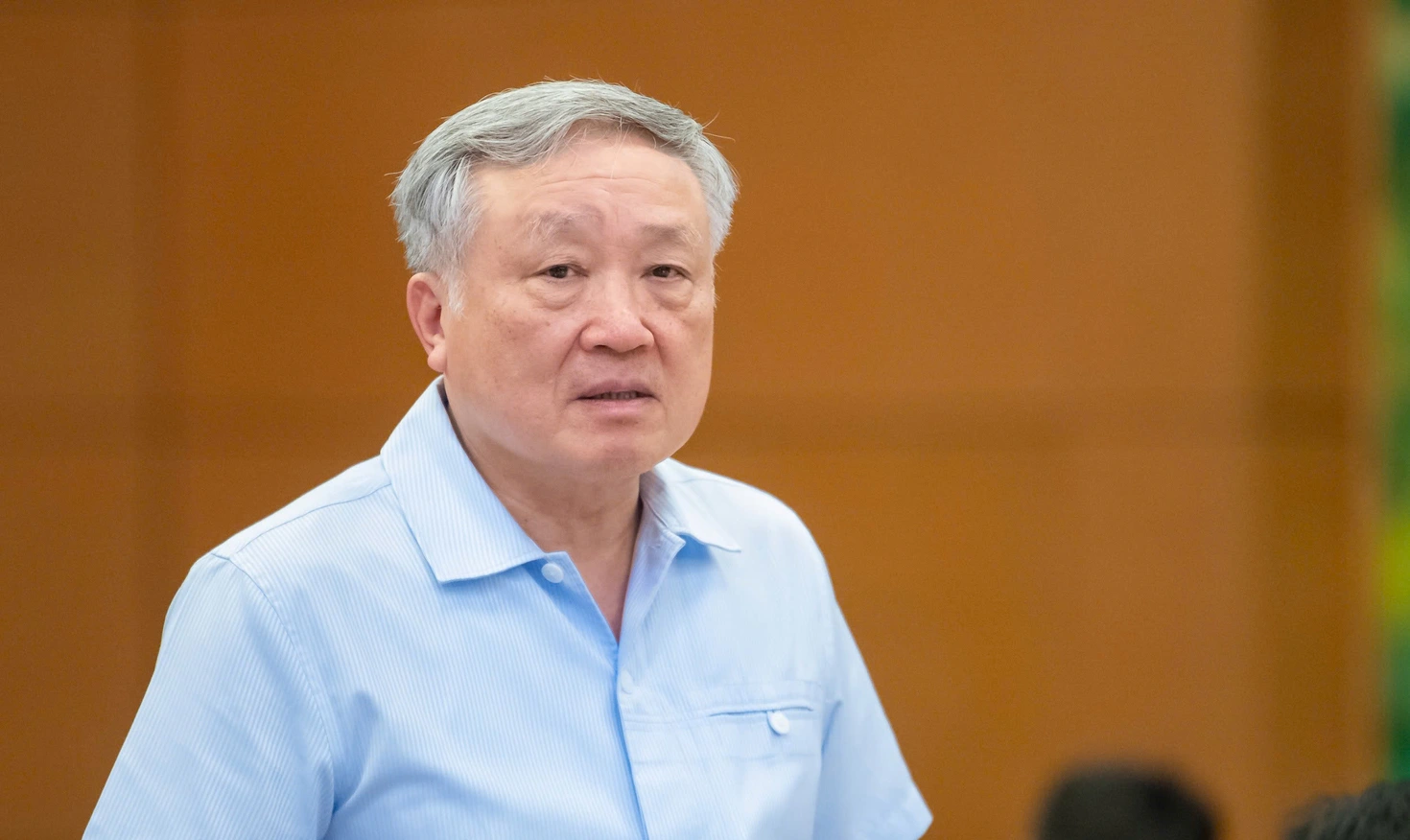
Permanent Deputy Prime Minister Nguyen Hoa Binh speaks at the discussion group (Photo: Hong Phong).
To overcome this reality, according to the Deputy Prime Minister, it is necessary to train and apply technology to handle administrative procedures and officials themselves must try to learn and improve their qualifications.
"Resolving this problem takes time and cannot be resolved immediately," said the Deputy Prime Minister.
The task must be done quickly, no delay allowed.
After listening to the delegates' recommendations, Minister of Home Affairs Pham Thi Thanh Tra said that after reviewing, the assignment of authority to the commune level now has only 859 tasks, instead of 1,060 tasks as before.
"The central government currently decentralizes up to 949 tasks to the provincial level. This number is very large and very heavy. The decentralization level to localities reaches 56%, but if localities decide and take responsibility for themselves, this rate is still not high," said the commander of the Home Affairs sector.
According to the Minister, in the coming time, it is necessary to re-evaluate decentralization and delegation of power to make more appropriate adjustments.
The Minister acknowledged that the process of receiving and implementing decentralization, delegation of power, and determination of authority, functions, and tasks at the commune level still has many shortcomings and limitations, especially in terms of administrative procedures and facilities. To overcome these shortcomings, the Ministry of Home Affairs is focusing on three major groups of tasks.
Firstly, according to the Minister, it is necessary to perfect the institution to operate the two-level local government model.
"We are focusing very much on completing the classification of administrative units, administrative unit standards, and urban standards. This is the foundation for policy making, planning, development strategies, as well as assigning staffing quotas based on job positions and administrative classification, not on equalization," the Minister informed.
It is expected that by the end of this month, the work will be completed to report to the Politburo and competent authorities, before issuing the Government's Decree and the Resolution of the National Assembly Standing Committee.
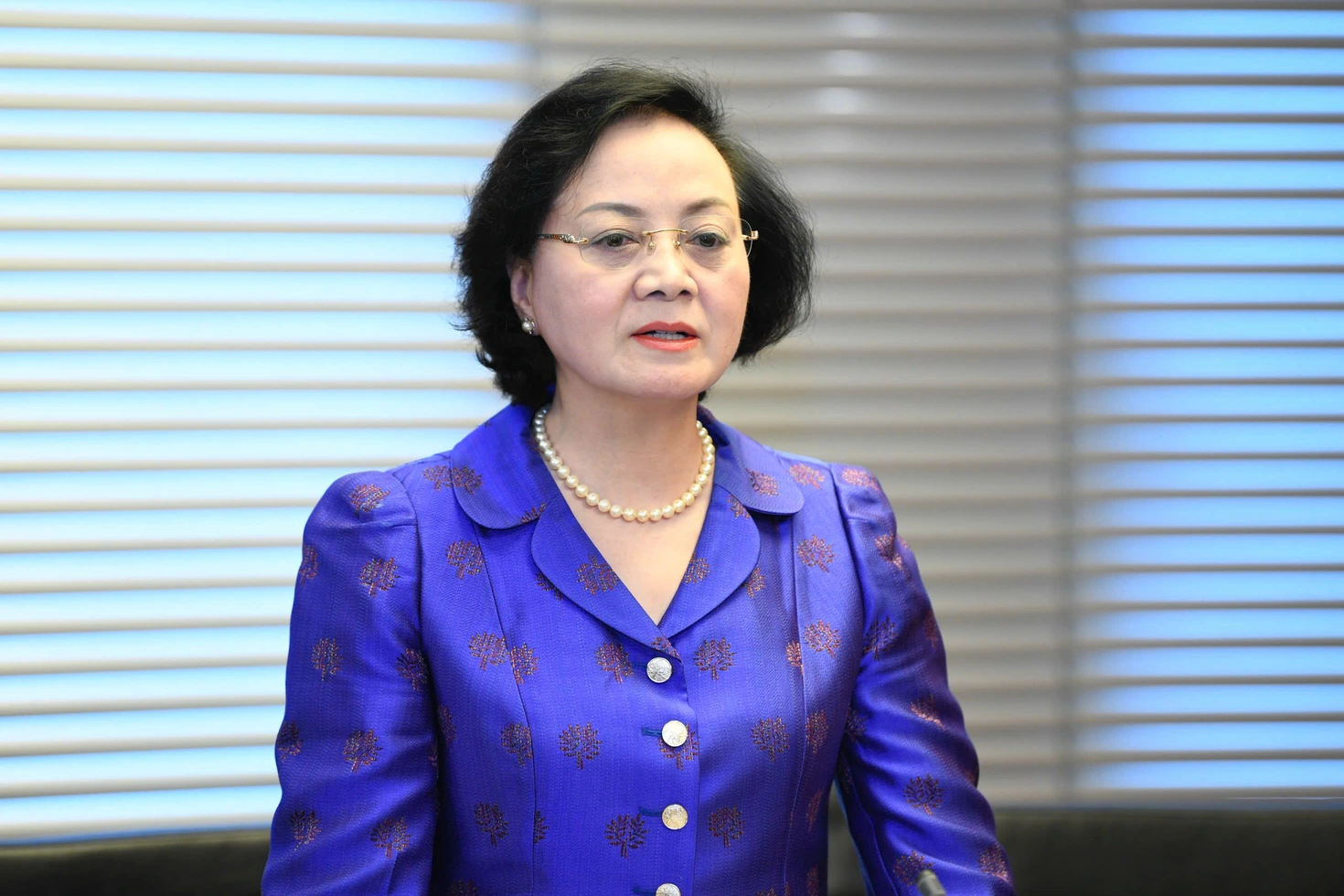
The Minister of Home Affairs affirmed that the task of classifying administrative units to allocate staff and allowances cannot be delayed (Photo: Ho Long).
The Minister added that the Ministry is also perfecting the institutional system related to the organizational apparatus, adjusting the basic salary and allowances to match the reclassification of administrative units.
"For example, regional allowances, position allowances, leadership titles, etc. must be reviewed, from which corresponding social security and welfare policies and regimes can be calculated. Mechanisms and policies will be reviewed comprehensively for synchronous adjustments. This must be done quickly, not slowly," the Minister emphasized.
Second, it is necessary to restructure and improve the quality of human resources at the commune level. According to the leader of the Ministry of Home Affairs, the workload at the commune level is currently very large, requiring much higher staff capacity than before.
"The current team has tried very hard, but still needs to upgrade to meet new requirements with two major goals set: creating development and serving the people," the Minister said there will be specific instructions for this issue.
Third, it is necessary to review and re-determine the results and feasibility of decentralization, delegation of authority and division of powers.
"There are things that the commune level cannot do, such as allocating land to businesses. If the commune does it, it will be very difficult and confusing. So we need a flexible mechanism. Where conditions are met, the commune can do it. Where conditions are not met, this can be transferred to the provincial level," the Minister explained.
Source: https://dantri.com.vn/noi-vu/nhiem-vu-khong-the-cham-la-dinh-bien-che-va-phu-cap-phu-hop-tung-dia-phuong-20251021123301236.htm




![[Photo] Da Nang residents "hunt for photos" of big waves at the mouth of the Han River](https://vphoto.vietnam.vn/thumb/1200x675/vietnam/resource/IMAGE/2025/10/21/1761043632309_ndo_br_11-jpg.webp)
![[Photo] Prime Minister Pham Minh Chinh meets with Speaker of the Hungarian National Assembly Kover Laszlo](https://vphoto.vietnam.vn/thumb/1200x675/vietnam/resource/IMAGE/2025/10/20/1760970413415_dsc-8111-jpg.webp)

![[Photo] Prime Minister Pham Minh Chinh received Mr. Yamamoto Ichita, Governor of Gunma Province (Japan)](https://vphoto.vietnam.vn/thumb/1200x675/vietnam/resource/IMAGE/2025/10/21/1761032833411_dsc-8867-jpg.webp)
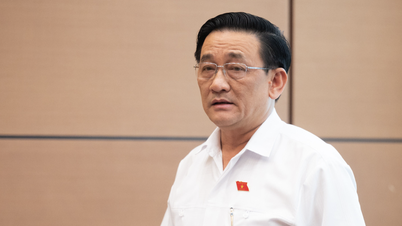

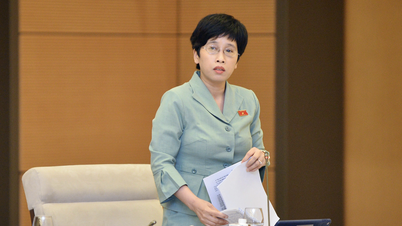

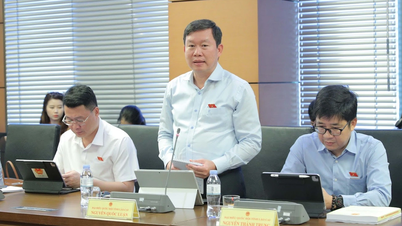
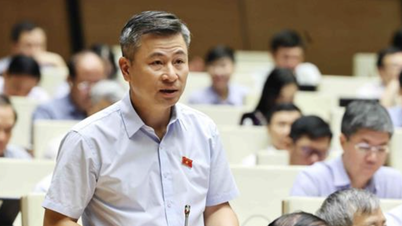

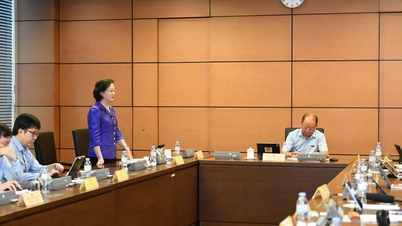

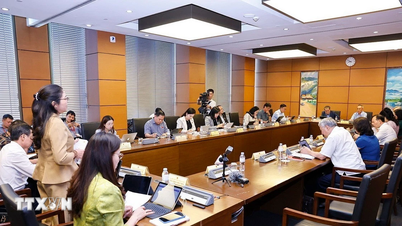
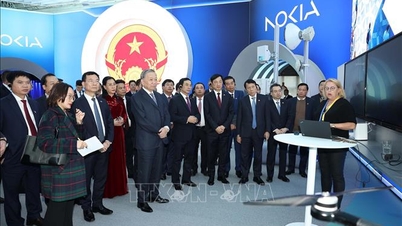
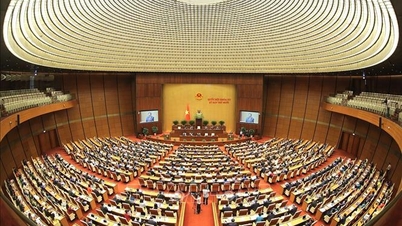


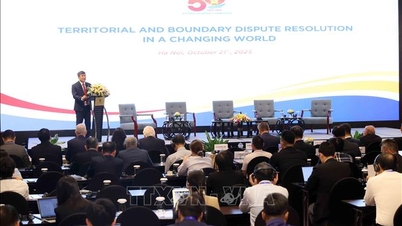








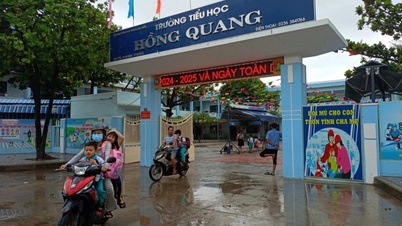
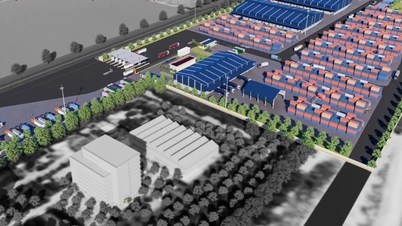




































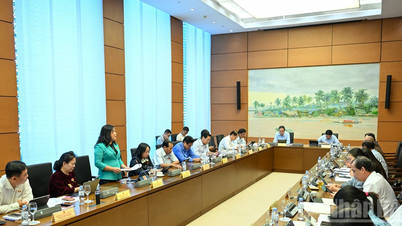
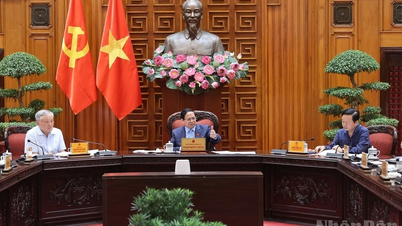
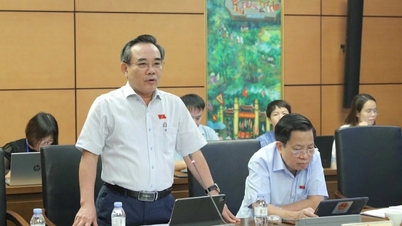
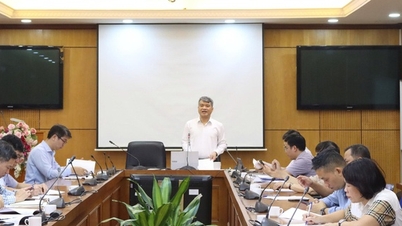
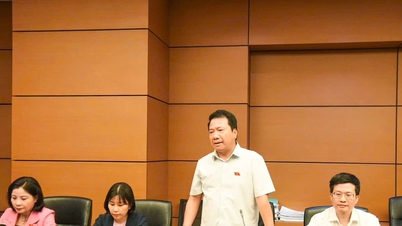

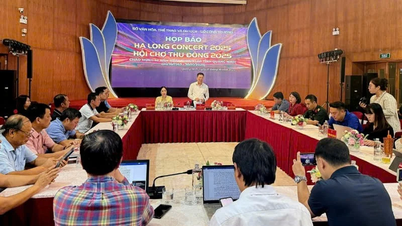



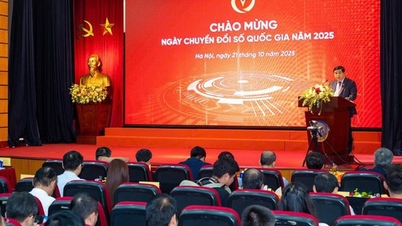






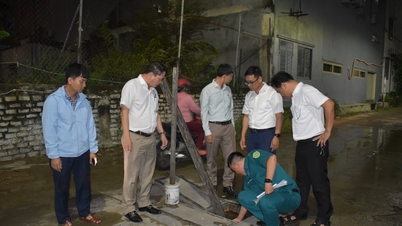

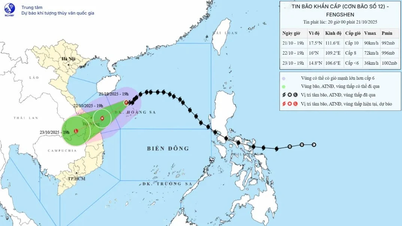

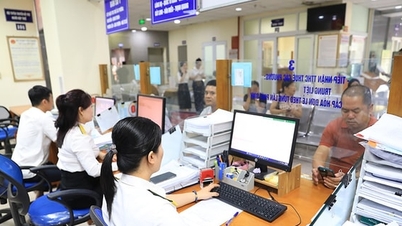



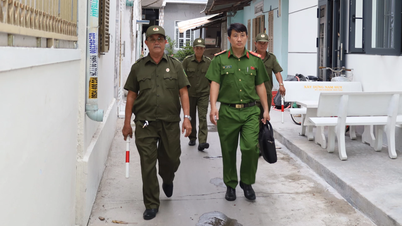












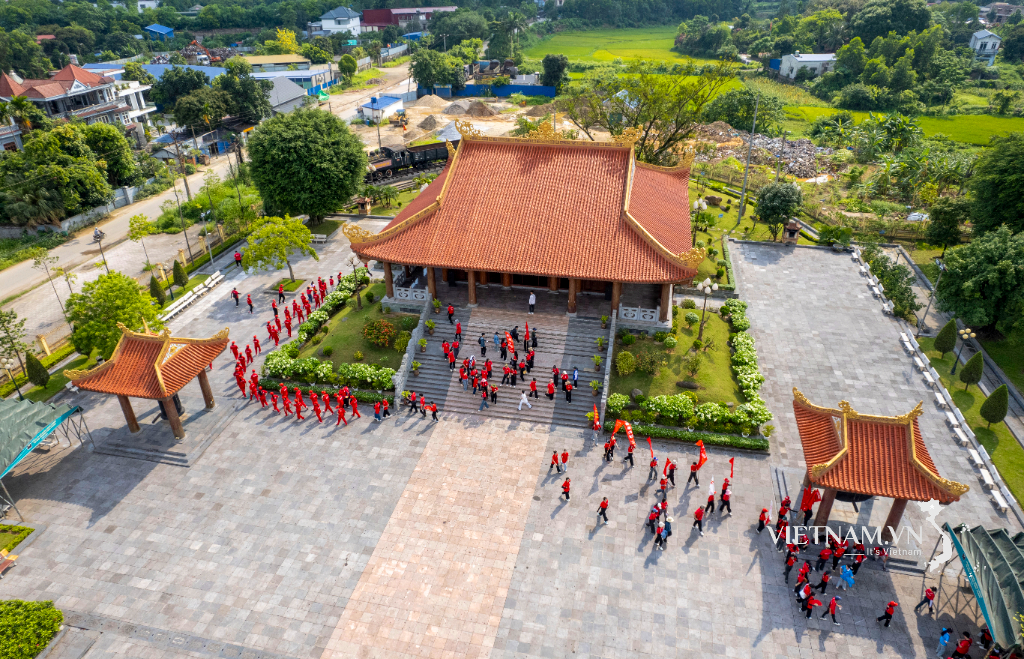

Comment (0)